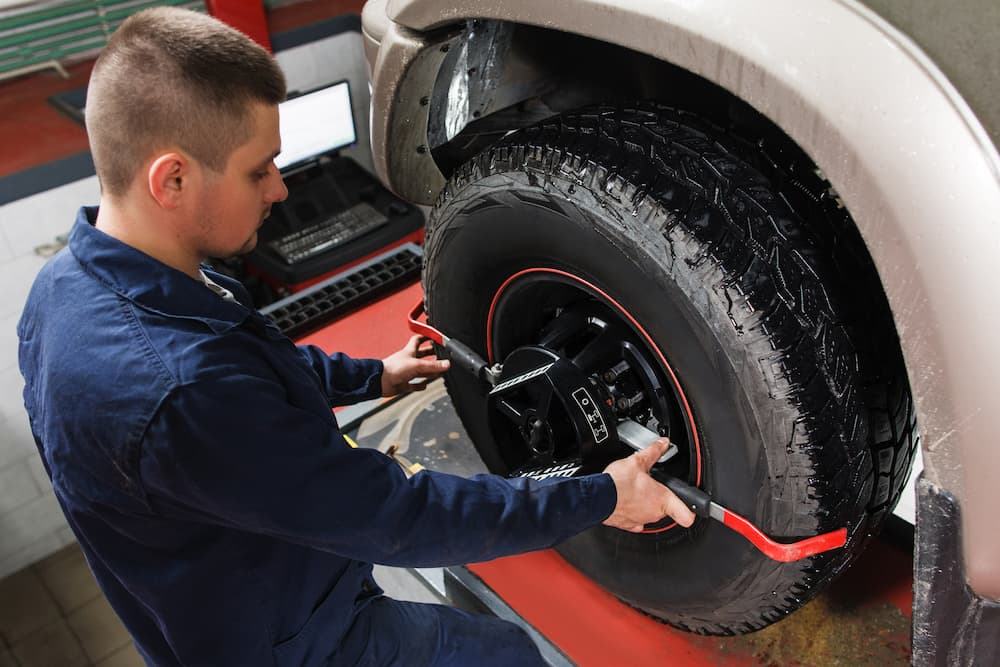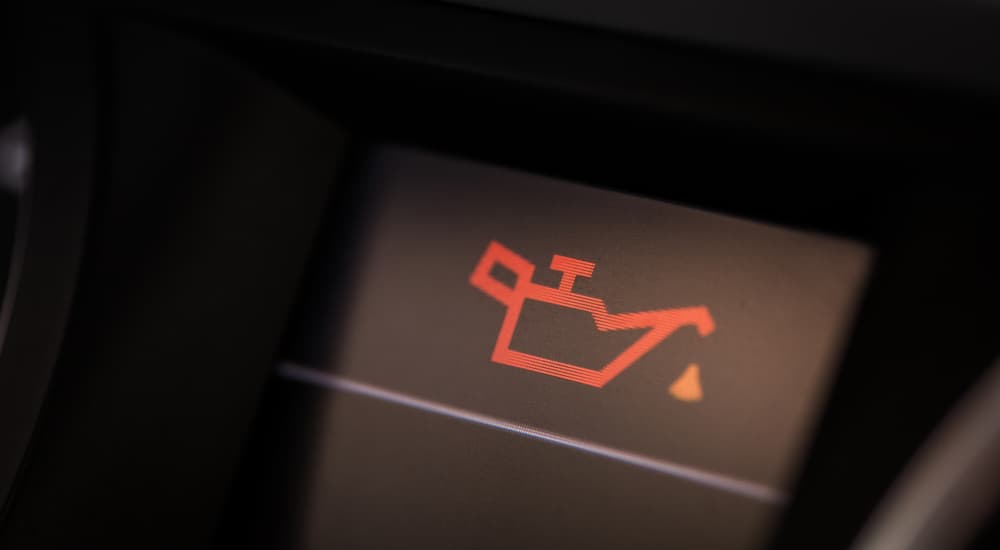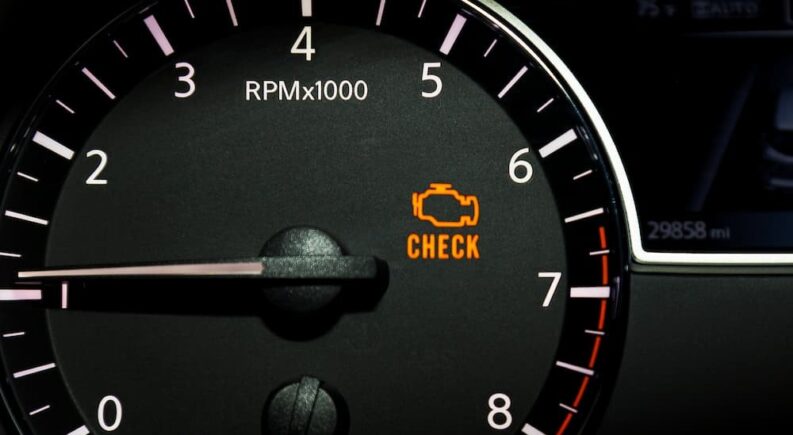Picture this: it’s late, and you’ve just finished work. You’re a few miles from home after a long highway commute. As you turn onto your street, a warning alert dings – low fuel alert. You glance at the fuel gauge, and sure enough, you’re running on fumes. We’ve all encountered that moment when there are two options, and only one of them is responsible. Should you retrace your steps back to the gas station you passed a few miles back, or roll the dice and deal with it in the morning? After a long day and an even longer stretch of windshield time, you choose the latter.
Can driving with low gas cause problems with your vehicle? Urban myths abound about the dangers of serious mechanical problems for chronic gas station avoiders, but are they true? The short – and confusing – answer is yes and no. Consistently allowing your fuel level to dip below a quarter tank can lead to poor performance, fuel economy dips, and even systemic fuel system failures that can lead to expensive damage to critical components, but it’s also pretty inconvenient.
While it’s probably not great news for professional procrastinators, knowing the dangers of operating your car at consistently low fuel levels could be the impetus you need to ignore the voice in your head that says tomorrow is fine and make a u-turn back to the gas pump. That 10 minutes of short-term pain could save you thousands in the long run. Full gas tanks and keeping a clean car top of the list of tedious upkeep and maintenance strategies you should consider, and here’s why.
What Happens When You Run Out of Gas
If you chronically run out of gas, not only are you inconveniencing yourself, but you’re putting your vehicle’s engine through a constant cycle of sucking the last few drops of fuel from the tank and making do with vapors. As your car rolls to a stop on the side of the road, the engine will likely stutter and misfire before coming to a stop. You’ll notice hesitation with the throttle and, eventually, no throttle power at all. Your braking and steering may also be compromised.
Consider the impact over time if you regularly let your tank run very low or frequently run out of gas. Are you the type of driver that allows your fuel level to dip below “E?” Every time you play Russian roulette with your gas gauge, you’re taxing the engine beyond its design limits and likely introducing air to the intake, which can lead to more misfires and long-term performance degradation. The easiest way to avoid the stress, danger, and sheer inconvenience of getting stranded on a busy highway is to keep your tank topped up, but old habits die hard. Many drivers simply don’t pay attention to fuel levels until it’s too late.
Habitually running on fumes sets the stage for a whole host of inconveniences and potentially costly outcomes. Beyond the wear and tear generated by chronically low fuel levels, have you ever noticed how you tend to run out of gas at the worst possible moment? Maybe you’re on your way to an important job interview, or you have a flight to catch – or worse, you’ve just arrived home from a stressful work trip, shlepped your luggage up and down a dozen rows in the airport parking garage before finally finding your car. You slide behind the wheel, turn the key, and the first thing you hear is ding; you’re out of gas – again.

Other Regular Vehicle Maintenance Issues to Remember
There are other inconvenient maintenance items most people ignore but shouldn’t. If you’re a gas station gambler, your windshield washer tank is probably empty. Procrastination tends to spread like a virus, and for many drivers, ignoring nagging maintenance items is less painful than taking steps to remedy them. Keeping your windshield washer fluid topped off requires knowing how to open the hood (finding the hood release button, then figuring out where that little lever is that holds the hood in place), locate the tank, and have the fluid on hand in your garage.
How about tire maintenance? How long has that low tire pressure light been illuminated on your dash? Maybe you don’t own a tire pressure gauge, or you do, but you have no idea how to use it. You may lack the know-how to operate an air compressor or even know where the closest one can be found. Whatever the reason, ignoring a low tire pressure light compromises your safety and the safety of your fellow motorists. Once you experience a blowout at highway speeds, you’ll never drive around with underinflated tires again.
Though it may seem voluntary, you really should get your car washed regularly. Aside from the embarrassment associated with driving a filthy car (someone will write “wash me” on the back window eventually), that layer of dirt and dust could be slowly damaging the vehicle’s clear coat. Weekly trips to the car wash keep dirt from building up and rid the undercoat of build-up. In the wintertime, when sand and salt are all over the roads, consider a bi-weekly car wash schedule.
Wiper Blades and Paperwork and Preventative Maintenance, Oh My!
Most car owners prefer to slide behind the wheel of a clean car that’s full of gas. Unfortunately, life gets in the way, and the reality looks more like yesterday’s half-empty coffee cup is in the cupholder, the gauge hovers over E, and the back window is coated in week-old dust. Keeping on top of simple tasks – like stopping at the gas station on your way home from work instead of putting it off until morning – always pays off.
You should also count on your windshield wipers to keep your field of vision clear, so pay attention to how well they’re working and change them out at the first sign of diminished performance. Your wipers become hard and brittle over time, so swapping them out for a new pair is a good idea every six months, even if they don’t show signs of wear. One way to build it into your regular vehicle maintenance plan is to change them every time you have your oil changed.
Speaking of regular maintenance, make sure you keep all receipts and records from every maintenance activity. Ideally, you should keep these documents in your glove box, but if you need help finding your registration and insurance card when you need it, gather all your paperwork and store it together in a large manilla envelope in your house. If you sell your car or trade it in, it’s helpful to have service and maintenance records handy to show the buyer.

Being Proactive About Your Vehicle’s Maintenance Is Key
Don’t fall into the “lazy” trap with your vehicle’s maintenance. It is essential to ensure your car runs factory-new for as long as you have it. You’re in control of how easy or difficult the ownership experience is on a daily basis, so consider an approach that ensures your tires are inflated properly, your tank is always more than half-full, and the exterior and interior are always relatively neat and clean. Let’s face it: a car littered with trash and travel mugs and clothes is less pleasant to climb into every day.
Small decisions make a big difference in your life; that adage holds true with your vehicle. Skipping large maintenance requirements or avoiding getting help with a scary engine knock or ping are obvious no-nos, but it’s equally detrimental to ignore the little things. You’ll need that squirt of windshield washer fluid when you get stuck behind a salt truck on the highway. The same holds true for your fuel levels. Don’t roll the dice – keep that tank full as much as possible. Not only is it better for your car’s engine, but it alleviates the headaches that come with running out of gas, which will happen at the worst possible moment.

